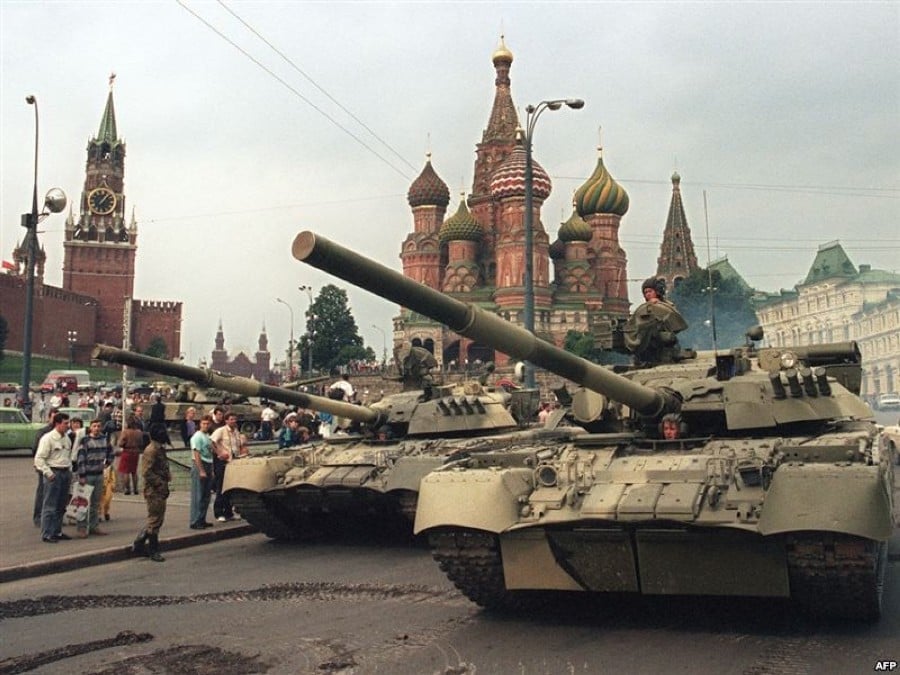“Simply living well” is not a purpose
Why do states disappear? Many imagine the process like this: larger, wealthier, militarily stronger nations attack, conquer, and devastate smaller ones. But if that were truly the rule, then Vietnam and Afghanistan would no longer exist, while the Soviet Union would still be standing. So in some cases, destruction through external conquest succeeds; in others, it does not. From this we can conclude that size or strength is not the decisive factor — economic and military power are more often consequences, not causes.
I witnessed the collapse of one immense country — the Soviet Union — and now, before my eyes, the Republic of Armenia may be heading toward the same fate. In scale and in every conceivable measure, these two states are incomparable. Yet the Soviet collapse still holds lessons for us — both in understanding the mechanics of disintegration and in recognizing its moral-psychological “legacy.”
Let’s set aside, for a moment, Gorbachev’s mistakes, the targeted operations of Western intelligence services, and the economic hardships. All of these were real, of course — but in my view, they were symptoms, not root causes.
Read also
At what point could one first imagine that the Soviet Union might one day fall apart? I would say — in the 1970s. That doesn’t mean that those of us living within it at the time believed it would actually happen; only a handful of people could even predict such a thing. But looking back now, we can see clear signs of spiritual decay that testified to a deep crisis.
That crisis was masterfully depicted by some of the best writers of that era — Yuri Trifonov, Valentin Rasputin, Chingiz Aitmatov, and Hrant Matevosyan.
In Trifonov’s works, in particular, people live obsessed with “getting hold” of something: food, furniture, an academic degree, an English-language school for their child, a career step, even a book or an icon — all of which became tokens of “living well.” If someone managed to get those things, people said, “Now there’s someone who knows how to live!” Or, in the Armenian idiom, “He’s sharp, clever, shustri.”
But let’s recall what the officially declared purpose of the “Soviet project” was — human equality, solidarity, a classless society. It doesn’t matter whether that goal was utopian or not, or how brutally it was pursued — what matters is that by the 1970s, nobody, not even those making state decisions, believed in it anymore. In the 1920s and ’30s, there had still been believers. By the Brezhnev “stagnation” era, the state had lost the very meaning for which it was created. And “simply living well” cannot serve as the purpose of a state.
When the current Republic of Armenia was founded, there were still narratives that gave meaning to statehood — among them, the memory of the Genocide and the issue of Artsakh (Nagorno-Karabakh). These narratives had indeed taken shape in Soviet Armenia over the previous decades. But with time, they were tossed aside — and this happened not after 2018, but before it. Pashinyan and his team are symptoms of that disease, not its cause.
In reality, what triumphed once again were the same forces that emerged in the 1970s — consumerism, cynicism, loss of faith, petty bourgeois mentality, as it was called half a century ago. The state has once again lost its meaning and now stands at the edge of extinction. Under Pashinyan’s leadership, that collapse will be swift and inevitable; under someone else’s, there might still be a chance for survival.
Aram ABRAHAMYAN





















































